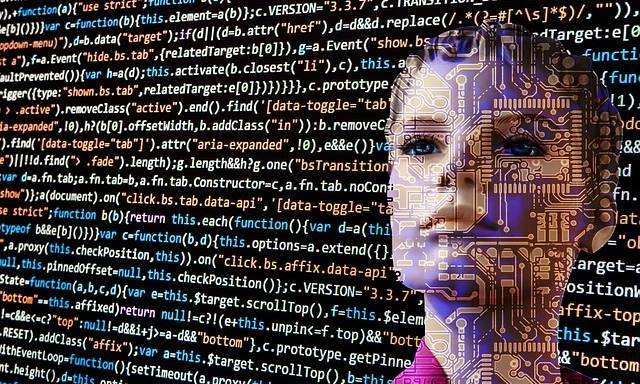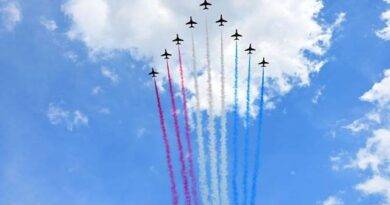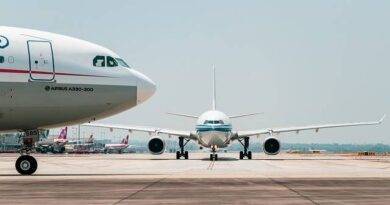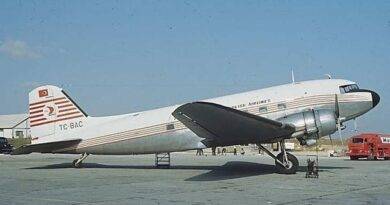Digitalization in Aviation
Digitalization in aviation refers to the integration of advanced digital technologies to enhance the efficiency, safety, and overall customer experience within the industry. This transformation encompasses various technologies such as artificial intelligence (AI), machine learning (ML), big data analytics, the Internet of Things (IoT), and blockchain.
The impact of digitalization on aviation is profound, driving significant improvements across multiple facets of the industry. AI and ML are pivotal in developing predictive maintenance systems, which play a crucial role in identifying potential issues with aircraft well before they manifest. By anticipating and addressing these problems early, airlines can significantly reduce downtime, optimize operational efficiency, and ensure the highest safety standards for passengers and crew.
Moreover, big data analytics and IoT contribute to enhanced decision-making processes by providing real-time insights and facilitating seamless communication between various components of the aviation ecosystem. Blockchain technology ensures secure and transparent transactions, further bolstering the industry’s integrity.
In essence, digitalization is revolutionizing the aviation sector, paving the way for a smarter, safer, and more customer-centric future. By embracing these technological advancements, the industry is set to achieve unprecedented levels of innovation and excellence.
Big data analytics, IoT, Blockchain…
Airlines leverage big data analytics to enhance operational efficiency. They optimize flight schedules, minimize fuel consumption, and streamline passenger flow through airports. IoT connects aircraft and airport equipment to the internet, allowing for real-time data collection and analysis, which boosts safety and efficiency. Blockchain technology introduces secure digital flight records and passenger identity management, ensuring data integrity and security. These digital advancements illustrate the profound impact of technology on the aviation industry, making operations more efficient, safe, and reliable.

Here are specific examples of how the aviation industry uses digitalization:
- Connected aircraft: Sensors increasingly equip aircraft, collecting data on flight performance, engine health, and other factors. Airlines receive this data in real time, enabling closer monitoring and early identification of potential problems.
- Predictive maintenance: AI and ML are being used to develop predictive maintenance systems that can identify potential problems with aircraft before they occur. This can help to reduce downtime and ensure that aircraft are always safe to fly.
- Digital flight planning: Airlines are using big data analytics to optimize flight schedules, reduce fuel consumption, and improve passenger flow through airports.
- Self-service check-in: Many airlines now offer self-service check-in kiosks at airports. This allows passengers to check in for their flights without having to wait in line.
- Mobile boarding passes: Passengers can now download mobile boarding passes to their smartphones. This eliminates the need to print out paper boarding passes.
- Inflight entertainment: Airlines are offering a variety of inflight entertainment options, such as streaming movies, TV shows, and music. This is helping to improve the passenger experience.
The future of aviation is bright with digitalization. Technologies like AI, big data, IoT, and blockchain will enhance safety, efficiency, and customer experience. Streamlined processes and innovative advancements will drive the industry forward. Embracing digital tools ensures smarter and more connected air travel. The potential for digital aviation is boundless, promising a smarter, safer, and more efficient future for the industry.
References:
https://iccaia.org/wp-content/uploads/2021/09/Airbus-Boeing-New-era-of-digital-aviation_final_16-July-2020.pdf
https://news.microsoft.com/transform/boeing-and-microsoft-taking-the-next-step-together-in-digital-aviation/
https://ww2.jeppesen.com/digital-aviation-analytics/


